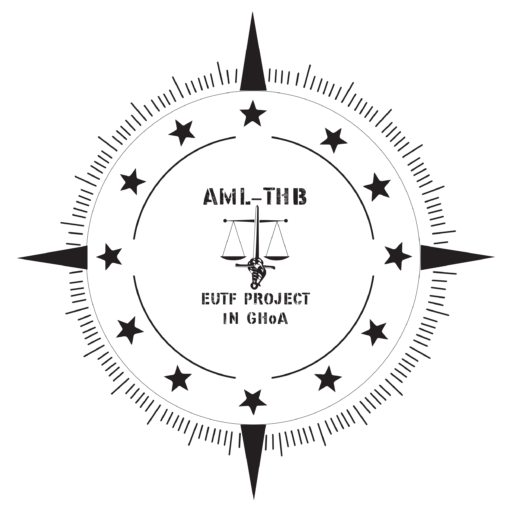What: Regional Training Webinar: Asset Recovery (AR) Frameworks, Standards and Tools
Where Virtual (online)
When: 17 – 21 May 2021
Training participants: 53 Experts from 12 countries in the Horn of Africa
Context
The focus of law enforcement is often on investigating and prosecuting predicate offences. However, criminals are often ready to take the risk of serving prison sentences as long as their illicitly gained finance/asset is available to them and their families. It becomes important to focus on asset recovery and confiscation in addition to prosecuting predicate offences. Both punishing perpetrators and confiscating their proceeds gained are necessary measures in the fight against crime and criminality, among others.
In practice, AR is a lengthy and complex process that involves multi actors and a wide range of skills. Moreover, as FATF (2018:19) stated “the complexity of asset recovery processes and the lack of technical knowledge often observed in developing countries are major hindrances to successful asset recovery.” Most countries of the Greater Horn and Southern Africa region have less effective AR regime and the value of recovered assets compared to the prevalence of organised crime and corruption is minimal. Number of countries that carried out mutual evaluation under the new FATF methodology are rated as non-compliant or partially compliant on AR and confiscations.
In this regard, the Project organised this training in collaboration with ARIN-EA to improve the capacity of the participating institutions in AR. The training focused on the international AR frameworks and instruments, the process and mechanisms of AR, virtual assets and THB/SoM with due regard to the regional context.
Objectives
To strengthen the skills and knowledge of the trainees to trace, investigate, seize/freeze, recover/confiscate and illegally obtained assets in general and the proceeds of THB and SoM in particular. At the end of the training, participants are expected to be able to:
- discuss International AR frameworks, standards and tools;
- better understand the process of asset recovery and apply relevant techniques of AR required in each process;
- identify the mechanisms of confiscation in different legal systems and approaches;
- better understand THB and SoM, the modus of operandi of the criminal networks and their financial flows nationally and regionally; and
- appreciate virtual assets and recovery methods.
Feedback/Review
In the pre-training survey, about half of the trainees did not attend a training on AR and/or THB/SoM and rated their technical and practical knowledge as a beginner, while the remaining 50% rated themselves to have an intermediate level. In the post training survey, 97.1% of respondents believed that the training was relevant to their professional improvement and that the training added value to their knowledge and skills.
A testimony of trainees revealed that the training was productive, important, enriching and well organized but could have been even better if it was supported with more practical exercises. Trainees also suggested to organise next trainings face-to-face as much as Covid19 safety protocols could allow.

